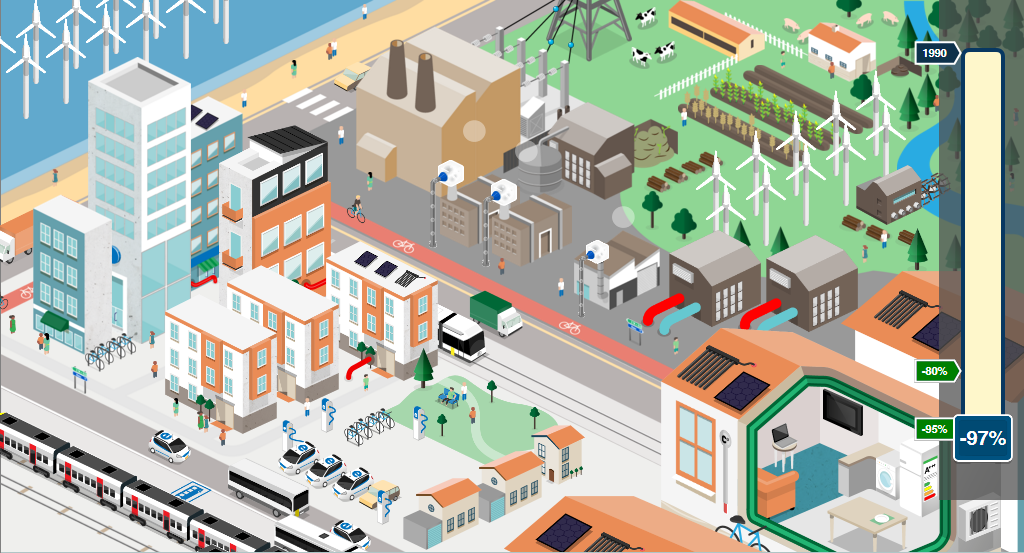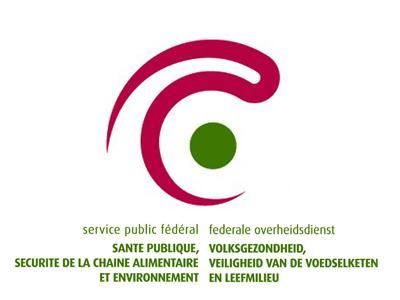In their long-term vision of sustainable development, the Federal and Regional Governments aim to reduce greenhouse gas emissions in Belgium by at least 80% to 95% by 2050 compared to 1990. In that context, the different Governments want to understand how to contribute to drawing up a Belgian low carbon strategy within the context of sustainable development.
-

-
-
CLIMACT analyzed the macroeconomic impacts of the low-carbon transition, with the Federal plan Bureau. CLIMACT has also build the intuitive and visual MY 2050 tool, allowing citizens and students to build their own transition scenario in the different sectors (transport, buildings, industry, energy supply and agriculture).
-
Impact
We show that a drastic reduction of GHG emissions is compatible with an economic growth level that is comparable to the level observed in a business-as-usual scenario but with another content. The different studies performed by CLIMACT have been debated through numerous high-level moments with a large number of participants and have had an instrumental role in the national debate.
-

“The strong involvement of the team was a key success factor for defining the 2050 low carbon scenarios for Belgium. I am confident that the outcomes of the project will play an important role in shaping Belgium’s future climate policies.”
- Vincent van Steenberghe, Climate Policy Expert, Federal Public Service for Health, Food Chain Safety and Environment